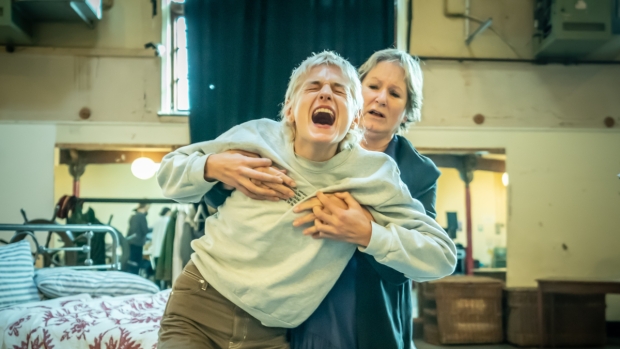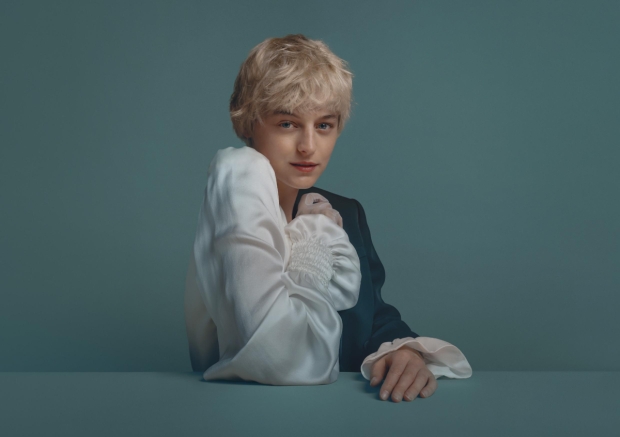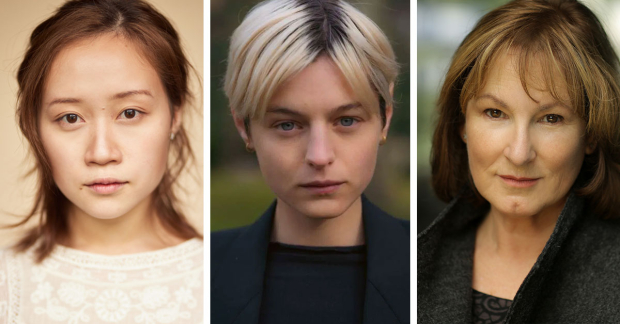”Orlando” in the West End with Emma Corrin – review
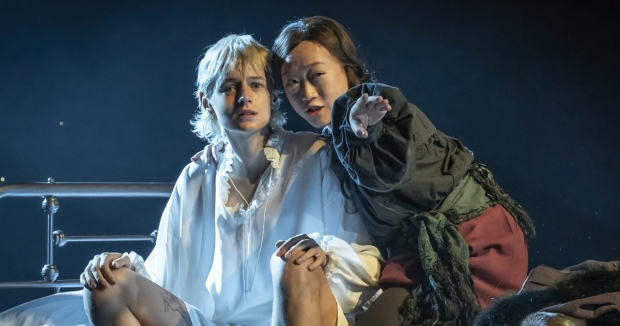
© Marc Brenner
Woolf’s breathtaking jeu d’esprit of a book is a biography of Orlando, born a man in the reign of Queen Elizabeth I, who serves as an ambassador to the Turkish court under Charles II and then one day wakes up as a woman, one who lives to become a female writer in 1920s England. Written under the influence of Woolf’s love affair with Vita Sackville-West, it’s both radical and fun.
It is also, essentially, impossible to adapt for the stage since so much of its pleasure springs from its tone, from Orlando’s self-knowledge, Woolf’s wit and the prose darting between the two. Neil Barlett’s version, for director Michael Grandage’s MGC, wisely decides to impose a different structure and some extra jokes, filling the stage with versions of Virginia, who take all the parts.
He also gives Orlando an all-knowing sidekick in the form of Deborah Findlay’s Mrs Grimsditch, grumbling gruffly – and with immaculate comic timing – about having to provide all the costume changes and the commentary on the changing centuries as they rush by. In this way, he preserves all of Orlando’s astonished understanding of the limitations of a woman’s life – unable to inherit their own estate, for example.
In Victorian times, when Woolf was of course born, the world shrinks to a single bed. “I don’t seem to be able to feel my brain,” says Orlando, unhappily. “I shouldn’t worry about that dear,” responds Mrs G. “Not really the done thing just now for a woman.”
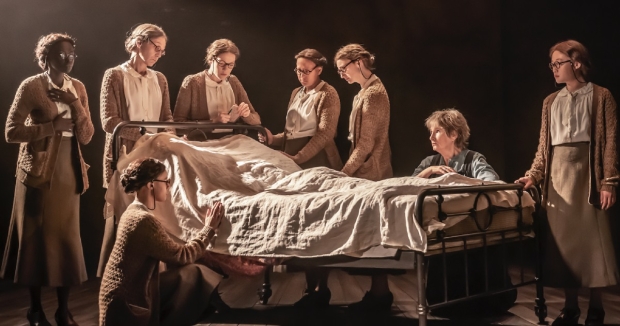
© Marc Brenner
It’s all very meta and clever. (“I wish to change,” says Orlando. “Would this be a metaphorical transformation,” shoots back Mrs G.) Bartlett fills out the different eras in the script by quotations from sources as varied as Shakespeare and Some Like It Hot. The passage of the centuries is also beautifully marked by Peter McKintosh’s designs: lush velvet curtains swooping in to announce the 18th century, William Morris designed wallpaper for the 19th.
Grandage’s direction is similarly fluent. He is brilliant at marshalling the beige-cardiganed Virginias around the stage, allowing the individual qualities of each to shine and letting the action flow with easy emphasis. Some scenes – when Orlando falls in love with a skating Russian princess in the great frost of 1607 – are magically evoked, with Howard Hudson’s lighting and Alex Baranowski’s music adding to the mood.
But for all the care lavished upon it, there’s something elusive about this Orlando. It’s as if Bartlett has kept the plot but lost the essence of the story. You don’t want a strict transformation of book to stage, but I did hope for something more consistently illuminating. As it is, the sense of the sublime only arrives at the end, when Orlando suddenly asserts their right to be anything they dream and love.
Corrin, who identifies as non-binary, seizes the moment, the openness of their face and the simple directness of the way they listen and respond creating a conclusion of uplifting emotional power, totally in the spirit of Woolf. Throughout, this is a fantastic performance, full of gentle detail – shoulders wriggling in distaste, eyes wide in discovery – and Corrin provides the compelling heart of a problematic play.





